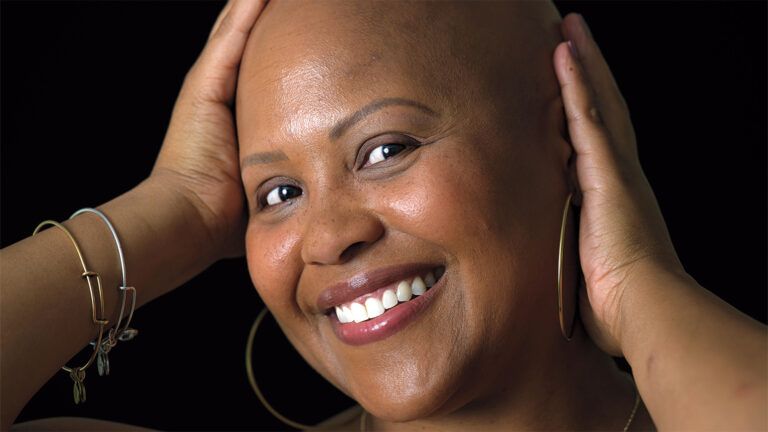It seems that every day there is a different celebrity exposed for sexual assault or for being sexually inappropriate at work. Unfortunately, these dangerous behaviors aren’t new, but like many others you may find yourself saying, “Another one?” There is, however, a more disturbing statement that many women have said in response to the many brave women and men sharing their survival stories: “Me too.”’
If you’ve survived sexual violence, know that you’re not alone. The National Sexual Violence Resource Center reported that 1 in 5 women and 1 in 71 men are victims of rape. Broadening the scope to sexual violence, the numbers only increase. So what do those statistics and these #metoo stories mean for you?
For some, it’s an acknowledgment that sexual violence is prevalent. For others, this movement may seem less empowering and, on the contrary, triggering, as story after story piles into newsfeeds. As a licensed clinician, I have the experience of hearing many “Me too” stories and I understand that hearing someone else’s story or feeling pressured to tell your own before you’re ready or even multiple times can be retraumatizing.
If hearing these stories are triggering thoughts and unwanted memories for you, here are some tips to help you cope.
1) Seek professional help from a licensed therapist.
Whether the event occurred the day before or twenty years ago, your feelings and emotions regarding the incident matter. It is important to understand that before you share your story, you should know what talking about it in a safe place feels like first. Know that everyone will not understand or support you; they may be suffering with sexual trauma themselves or may have a “blame the victim” approach that maybe harmful to you. That’s why it’s best to seek professional help from a licensed therapist who understands the culture of sexual violence and how to support survivors.
2) Know that you don’t have to be ashamed.
Your story is your story. Whether you decide to share it or not, it belongs to you. Do not let others determine your narrative or make you feel responsible for the harm someone else caused you. If you’re not ready to say “me too,” know that that’s okay too. The movement creator Tarana Burke told Guideposts.org, “I get people all the time who say to me, ‘I really want to say, ‘Me Too,’ but I just haven’t found the courage. I will one day.’ I always say to them, ‘Please don’t force yourself to do that,’” she says.
“This is not a trend,” Burke says to those worried it may one day be too late to speak out. “The words are there. They’ll always be there, and people need to be gentle with themselves. There’s no race to healing, right?”
3) Feel free to unplug.
Disconnecting from social media and other media outlets can be useful when you’re feeling overwhelmed or triggered by other survivors sharing their stories almost daily. While it may be empowering for others to share their stories, it’s okay if you need to step away and disengage from other people’s experiences without denying their experiences.
4) Use journaling as an outlet.
There is power in the pen. Writing allows you to get your feelings out of your head and on paper. It makes space for clarity on your emotional wellbeing regarding the topic and validates your feelings. It is also your outlet to say how you really feel without fear of judgment or reprisal.
5) Find a support group for individuals that have experienced trauma.
Whether in your community or online (if you feel more comfortable sharing there), support groups are available for individuals dealing with trauma. Find out what’s available at churches and community centers nearby or search online for a group that meets your needs. Wherever you decide to go, make sure you feel safe and validated in that space before inserting yourself fully.






